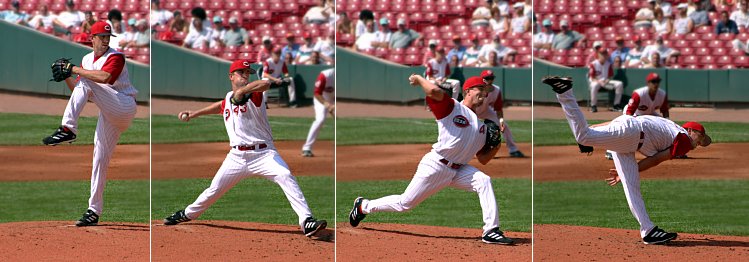Joule
A joule is the SI base unit for energy. It is equal to .[1] In physical terms, lifting an apple one meter takes 1 joule of energy. This should not be confused with a watt which is a unit of power and a rate of how fast energy is used.
While the joule is the SI base unit for energy, when speaking in real-world terms, we often use the kilowatt-hour (kWh) instead. This is due to the fact that a joule is an extremely small amount of energy. To put how small a joule is into perspective, a liter of gasoline has 31,536,000 joules of energy in it. Using a single 100 W incandescent light bulb for ten hours (0.1 kW x 10 hrs = 1 kWh) would take 3,600,000 joules. Human activities take many joules of energy!

Conversions
To read more about the Joule, click here
For Further Reading
References
- ↑ APS Physics. (2015). Energy Units [Online]. Available: http://www.aps.org/policy/reports/popa-reports/energy/units.cfm [February 20, 2015].
- ↑ Wikimedia Commons [Online], Available: https://upload.wikimedia.org/wikipedia/commons/2/25/Baseball_pitching_motion_2004.jpg

